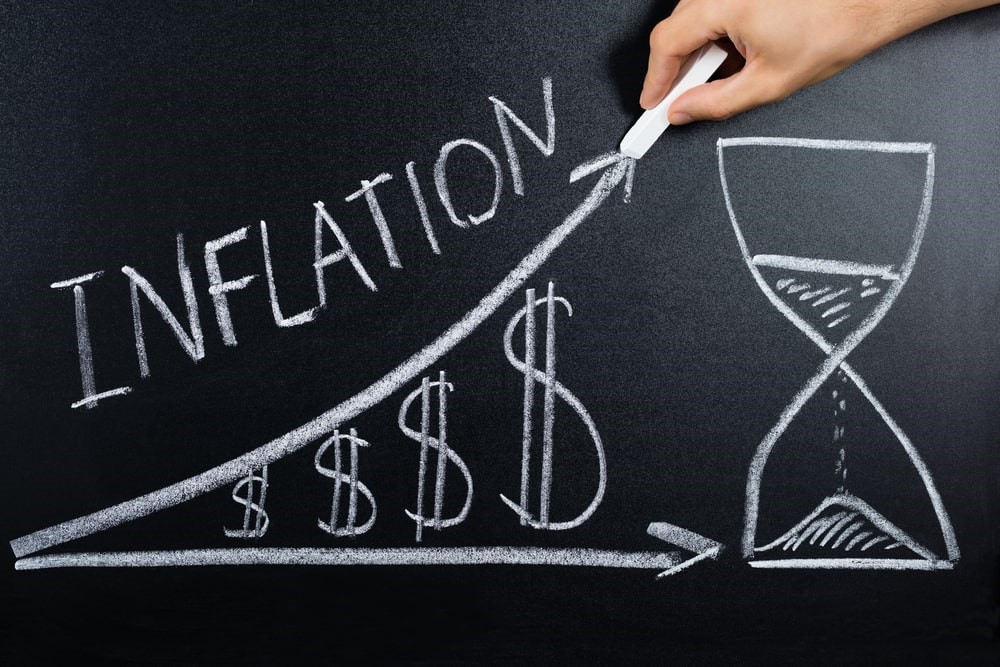
Whether people think about it in these terms or not, entering the real estate market as a buyer means you’re making an investment. In general, people think of inflation as being something that is negative and to be avoided. When inflation is approached in the context of being a homeowner, however, its presence could provide them with some positives that might not be obvious at first.
Real Estate as an Inflationary Hedge
In times of rising inflation, rents nearly always increase. Similarly, wages also increase, as well as the costs of labor and building materials. This makes building new homes less attractive.
A homeowner will also usually see their property values increase with inflation. The debt that is owed on the home because its value decreases with the increase of inflation.
Be Cautious During Rising Inflation
While owning a home can help protect the value of your real estate investment, it’s still important to use caution if you are considering the purchase of a house in an environment of increasing inflation. With the presence of inflation, interest rates tend to increase. This means it will cost more to borrow money.
Not only will you likely pay more for the loan over its lifetime, you’ll also face higher monthly mortgage prices compared to a low-inflation market. If you’re interested in purchasing a home, you’ll probably have less competition from other buyers.
In the event that you are looking to sell a home, rising inflation could dampen its demand by buyers. The flip side of this is that your home will be worth more, so you could obtain a higher selling price.
Mortgage interest rates are still low even as the possibility of inflation is simmering just below the surface. Now is the time to act on these rates and secure a hedge against inflation in the form of real estate.

 Protected with 256 bit SSL
Protected with 256 bit SSL




